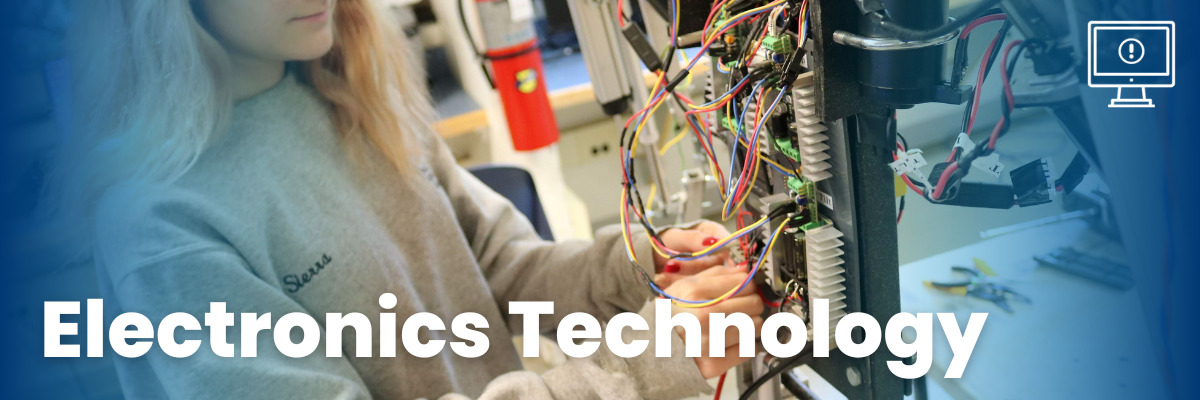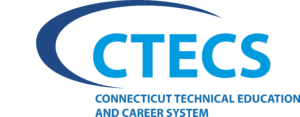
Program Description
The electronics program focuses on hands-on and theory of circuitry and practical application to designing, creating and repairing things we use in our everyday lives. Students studying electronics are instructed in trade-specific safety and begin their training covering the following topics: proper use of hand tools and common electronic equipment; soldering; parts identification and schematic symbols; Ohm’s law and very basic direct current (DC) circuits; project assembly; and introduction to computers and software. As students advance in grade level, theory and project work includes series and parallel circuits; direct current (DC) circuits; alternating current (AC) circuits; magnetism and electromagnetism; capacitors, inductors and transformers; instruments and measurements and computer applications. Robotics and mechanisms are introduced in the curriculum in order to meet the changing needs of automated electronics manufacturers in the area.
Students advance from learning individual components and test circuits to combining each of these into larger circuits. Specific topics include semiconductors; operational amplifiers; oscillators and power supplies; advanced audio circuits and introduction to video electronics; troubleshooting techniques and computer applications; and introduction to integrated circuits. Students begin the study of digital electronics by designing digital circuits. Emphasis is placed on innovative and creative approaches to problem resolution in their designs.
For more information about our programs please view CTECS Program of Studies.


